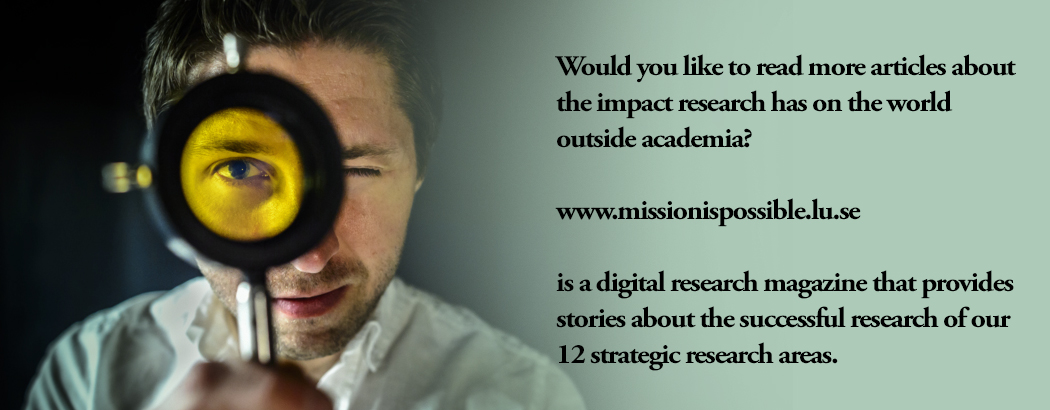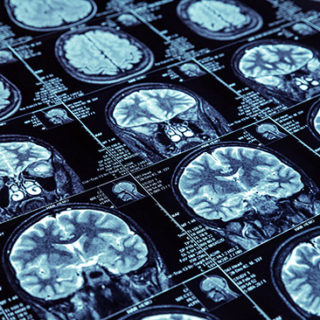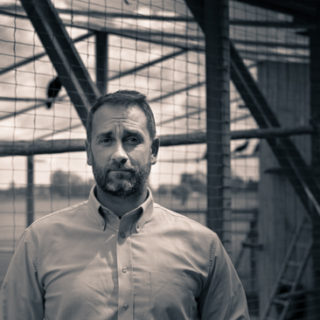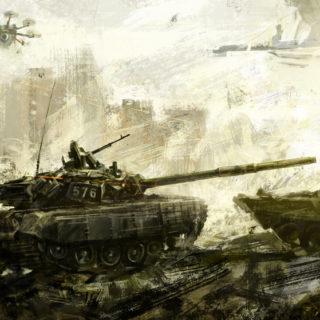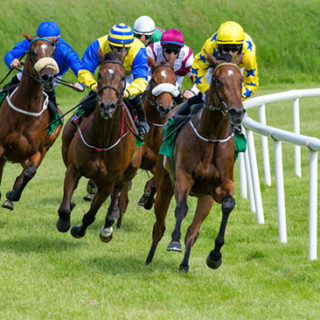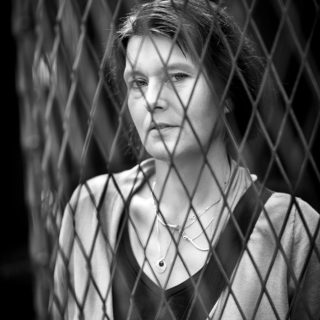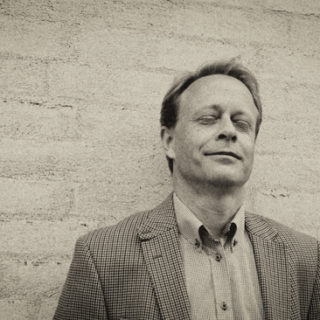- Start
- Themes
- The amazing brain
- Sustainable future
- The digital society
- Is the world becoming a better place?
- Smart society
- Plastic
- Migrations
- Bacteria – friend or foe
- Work for all?
- The inherent power of light
- Africa
- To the last drop
- Our three-dimensional world
- Close to death
- Inspired by nature
- Nano – small things matter
- Epigenetics
- To believe
- Buzzy bees at your service
- Micro-RNA from junk to hotspots
- Categories
- About the magazine
- Svenska
Theme: The amazing brain
Memory in a digital era
Today, we share our personal and professional memories to an increasing degree via various social media platforms. But how does this digital environment affect our individual and collective memory when the borders between the public and private, then and now, authenticity and manipulation, are being erased? This is what a...
Images of the brain
Using machines such as magnetic resonance image scanners, we can see into our brains. The images provide considerable help in detecting various disease-related changes such as tumours or constrictions in blood vessels. These images can also show how the brain works and answer questions such as: where is there activity...
Overlap between Alzheimer´s disease and Parkinson could speed up the research
Alzheimer’s disease is characterised by so-called plaques – white clumps of the beta-amyloid protein in the brain. The prevailing line of argument has therefore been that patients should be treated to make the plaques disappear. This approach sounds logical, but has not resulted in any new effective medicines – and...
Language – hardly a no-brainer!
Fighter pilots and interpreters are some of the most valuable assets of the Swedish Armed Forces. But rather than the physical exertion that fighter pilots go through, the acid test for prospective interpreters is in foreign languages. According to research from Lund University, this type of intensive language learning makes...
Even ravens plan their everyday lives
Our knowledge about the brain is still astoundingly full of question marks. We have yet to learn how memory and many functions of the brain are constructed, both in humans and in animals. The brain and its abilities have been studied in crows, among other animals. Historically, this type of...
Who do you think you are?
We believe we have direct access to ourselves while we guess or interpret others. But is this really true? Research from the Choice Blindness Lab at Lund University has shown that we know a lot less about ourselves than we think. In 2005, Cognitive Scientist Petter Johansson and his research...
Neuroweapons place in a future war
Imagine being a soldier, riding in a tank through a city in a war zone. Among the civilians and innocent private citizens, you are to distinguish potential threats and hostile combatants. Despite training and military experience, it is almost impossible to make the right decision in such a chaotic and...
The day Pia Dellson’s brain refused to carry on
Pia Dellson is an oncologist and psychiatrist with personal experience of burnout. In late 2012 she had a breakdown and suddenly could not cope with anything. She considers that she “broke her brain”. “When you break a leg there is nothing you can do except rest the leg and wait...
The thrill of the chase-when gambling takes over
When the collection letters are piling up and the bailiff is at the door, the rational response would be to stop the behaviour that caused the situation. But for those who suffer from gambling addiction, the reaction may be the opposite – an increase in gambling and a chase to...


